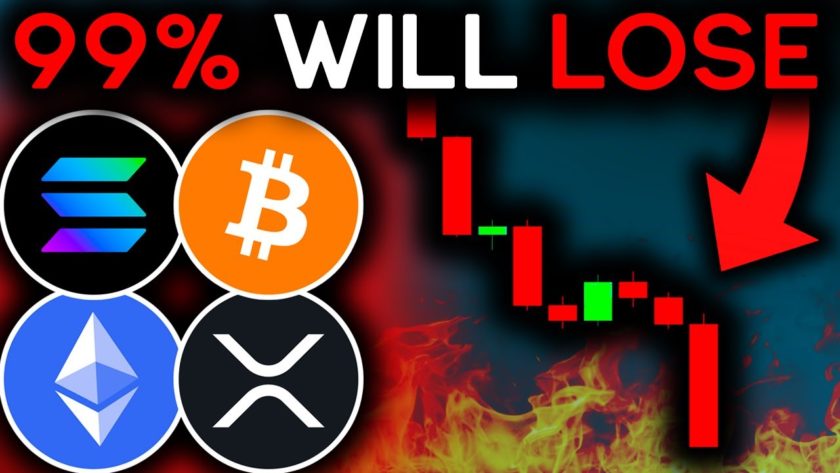Bitcoin (BTC), a digital currency not bound by the traditional rules of fiat, may seem nebulous and useless, but geopolitical and macroeconomic events are quickly proving its viability. Over the past week, Hong Kong has seen a growing amount of political unrest as a result of proposed legislation from the local government, which would allow local authorities to ship purported criminals from the “Special Administrative Region” of China to the mainland.
The Hong Kong Protests
On Sunday, an estimated one million individuals from Hong Kong — a supposed one in seven residents of the island city — took to the streets in protest. They called for Carrie Lam, the “chief executive” of Hong Kong, to step down, and for other regulators to retract the aforementioned bill. The hundreds of thousands in the streets, and the millions watching from their apartments and across the globe believe that this bill can allow for Hong Kong to extradite naysayers of Beijing and pro-democracy pundits to the mainland for a different fate than if they were to remain in the city.
The image below, which comes from The New York Times, accentuates the size of the crowd and how big of an issue this truly is.
However, after this protest, one of the largest in Hong Kong’s history, Lam didn’t back down, and instead doubled-down.
Then, Wednesday (yesterday) swung about, and another set of protests took place. This time, the crowd formed organically, and didn’t even sign the proper papers to hold the protest. The crowd, which is claimed to have amassed to tens of thousands, maybe even 100,000 at its peak, surrounded a building in Hong Kong where lawmakers were set to discuss the extradition bill.
Unlike the previous rally, the activists, most of which were in the teens or mid-twenties, were looking to physically stop something from occurring. As a result, the police cracked down, enlisting the help of rubber bullets, tear gas, pepper spray, and other tactics meant to deter rioters, not protesters. Authorities also tried to ID as many as possible, specifically in a bid to try and stem the movement. This, for those with knowledge of Hong Kong’s spotty history, is very reminiscent of 2014’s Umbrella Movement, during which students looked to stop Beijing from censoring certain candidates from participating in the city’s elections.

But even in spite of this latest move, Lam isn’t backing down, and even recently likened the protesters, deemed rioters by the police force, as spoiled children.
Why Bitcoin Matters Here
Bitcoin may not seem relevant here, but it is. As Travis Kling, an anti-establishment proponent that runs crypto fund Ikigai, recently wrote on Twitter:
Hundreds of thousands of people protested in Hong Kong against a bill allowing extradition to mainland China. Access to The Washington Post and The Guardian were just blocked in China. Access to Wikipedia was blocked a few weeks ago. Crypto is intimately wrapped up in all this.
Kling is poking at the fact that cryptocurrencies and related technologies allow for censorship and other questionable anti-democratic tactics to be stamped out. Here’s a perfect case in point, during the protest, those attending opted to use cash for the metro instead of so-called “Octopus Cards”, which are ID-tied cards used for transit and purchases in certain stores (7-11, Mcdonald’s, etc.). They did this to avoid financial surveillance. Bitcoin, if used correctly and implemented correctly, could have been a perfect alternative here.
Photo by John-Paul Henry on Unsplash




